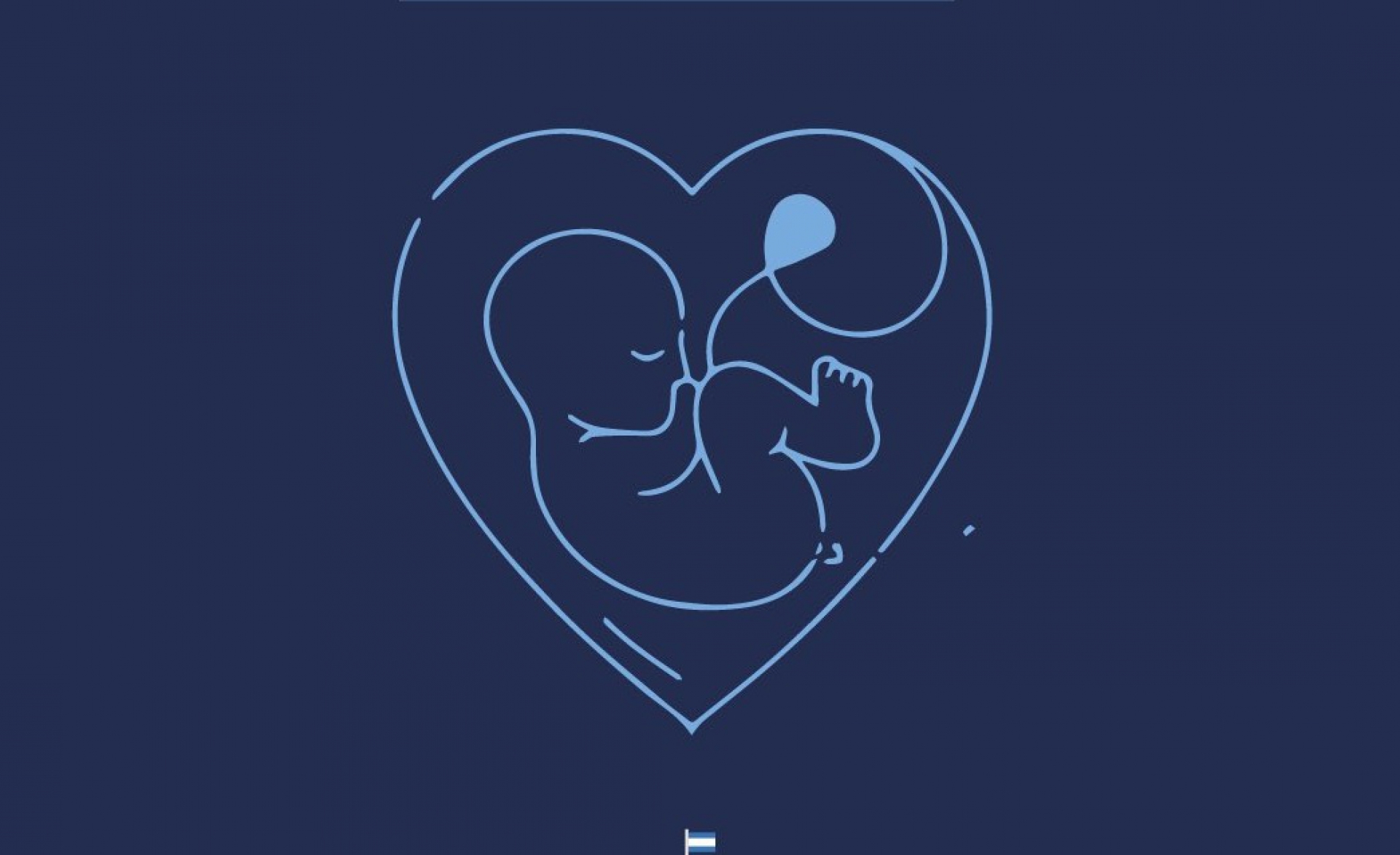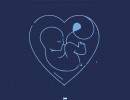Every 25 March, Argentina commemorates the Day of the Unborn Child, a date dedicated to promoting and defending human life from the moment of conception. This celebration was officially established by Decree No. 1406/98, signed on 7 December 1998, during the presidency of Carlos Saúl Menem.
The date chosen coincides with the solemnity of the Annunciation in the Catholic liturgical calendar, which celebrates the conception of Jesus. This coincidence highlights the importance of life from its beginning and reflects the intention to recognise and protect the unborn child.
The recognition of Unborn Child Day is based on a number of international documents and conventions that underline the dignity of human life and the special protection that the child deserves in the prenatal stage. The Universal Declaration of Human Rights, adopted by the United Nations General Assembly on 10 December 1948, proclaimed that recognition of the inherent dignity and of the equal and inalienable rights of all members of the human family is the foundation of freedom, justice and peace in the world.
The right to life is not a matter of ideology or religion, but an emanation of human nature and a fundamental principle recognised by the National Constitution and the civil and criminal legislation of Argentina, which establishes that life begins at the moment of conception.
The establishment of the Day of the Unborn Child responds to Argentina's commitment to the defence of life and the protection of human rights. It is an occasion to reflect on the fundamental role of pregnant women in the destiny of humanity and on the dignity of human life in all its stages.
From the national and international level, this date seeks to reaffirm the intrinsic value of life and to promote an environment of respect and protection for children from conception, ensuring their right to be born and grow up in an environment of happiness, love and understanding, as established by the Convention on the Rights of the Child.

